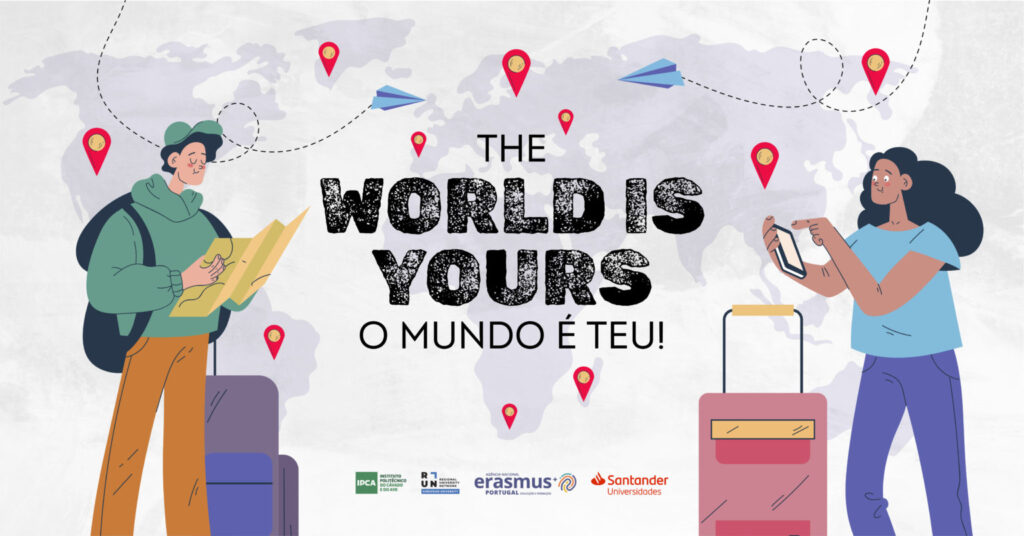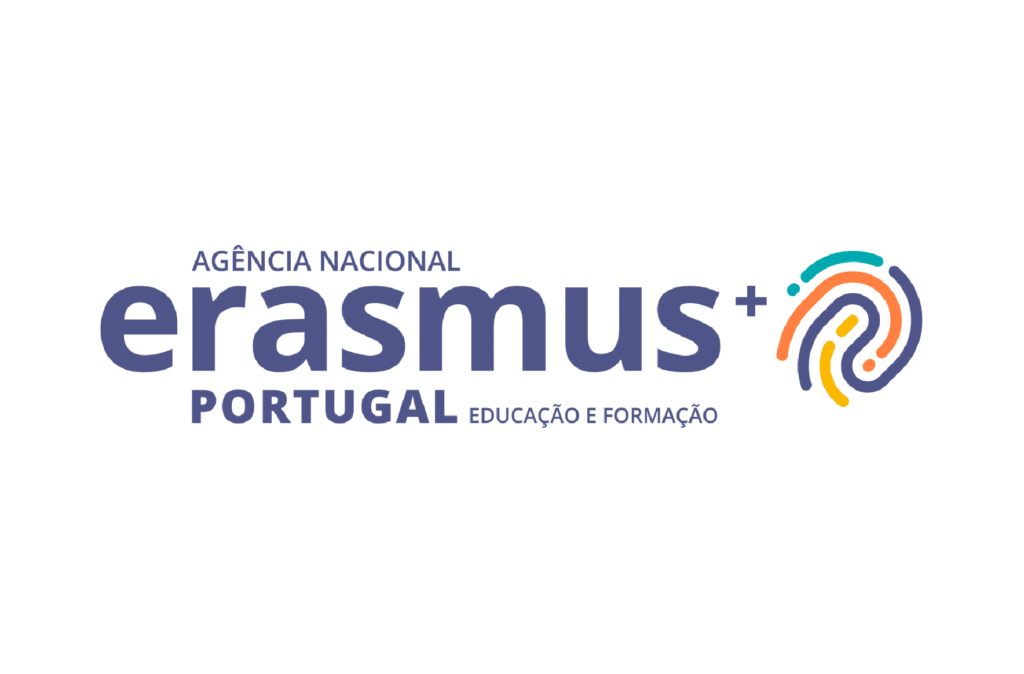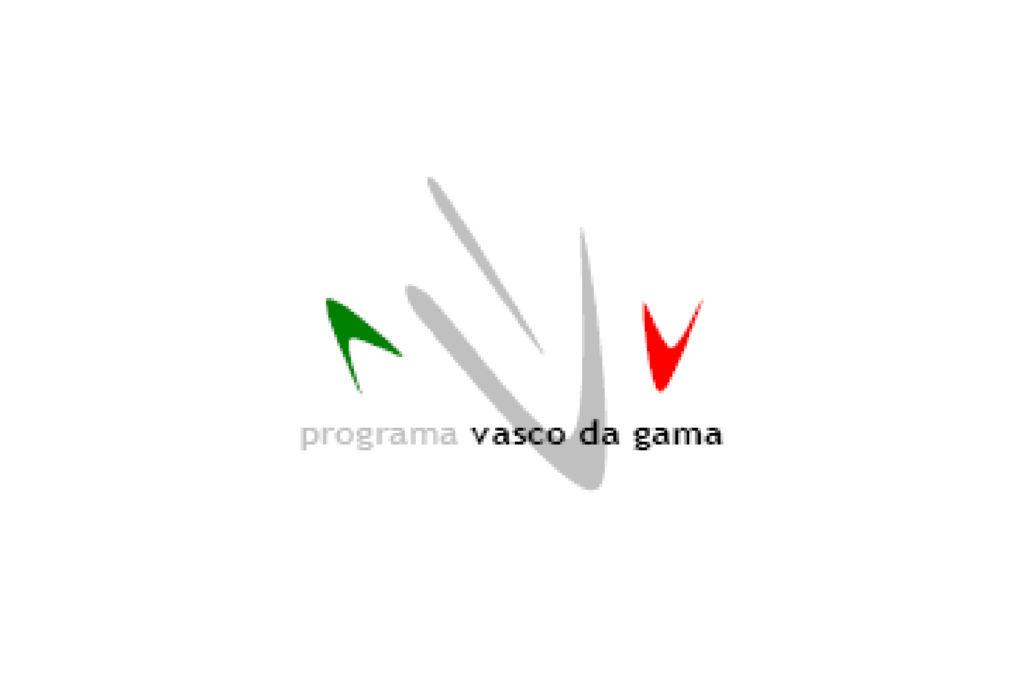The ERASMUS+ Programme is a Community action programme in the field of lifelong learning, which offers students the chance to undertake a period of study/internship at another European university/company, with academic recognition (as part of their home university’s study programme) or without academic recognition (in the case of extracurricular internships or internships for recent graduates).
Mobility under the ERASMUS+ Programme may take place within the following frameworks:
Studies: a period of study at another partner university;
Traineeship: carrying out a traineeship in a business environment.
It’s worth mentioning that you can benefit from these two programmes, even in the same academic year, as long as they are separated by at least one day. They are therefore complementary opportunities for international mobility.
Erasmus Charter for Higher Education 2021-2027
EPS IPCA – Erasmus Policy Statement
The IWONDER Project – Inclusive Wide Overseas Network for Development within Erasmus+, coordinated by the Polytechnic University of Cávado and Ave (IPCA), Portugal, is the outcome of IPCA’s application to Key Action 171 (KA171) – International Credit Mobility (ICM). This project aims to foster knowledge sharing, mutual development, and enhanced understanding between IPCA and the project partners, by encouraging student and staff mobility as follows:
Student Mobility:
- Can take place in any field of study and level (short cycle/bachelor’s/master’s/PhD) and is open to recent graduates.
- Physical mobility can last between 2 and 12 months.
- It may consist of a study period at an HEI or a traineeship period in a company, research institute, laboratory, organisation, or any other relevant workplace.
Staff Mobility:
- Available for both teaching and non-teaching higher education staff, and also includes opportunities for inviting specialists from companies (outside HEIs).
- Mobility can last between 5 days and 2 months.
- It may involve a teaching assignment at a partner HEI or a training mission, such as participation in a training event abroad (e.g., job shadowing, observation periods, structured training, etc.).
Mobility Agreement for Teaching for INcoming
Mobility Agreement for Training for INcoming
GUIDELINES 2023
GUIDELINES 2024
GUIDELINES 2025
The Vasco da Gama Programme is a student mobility programme launched by the Coordinating Council of Polytechnic Higher Education Institutes (CCISP) to encourage national mobility between polytechnic higher education schools.
For more information, see the programme regulations.
The AULP Mobility Programme is aimed exclusively at student exchanges between higher education institutions that are members of the Association of Portuguese Language Universities (AULP) and is designed to award two biannual scholarships to countries in the Lusophone Area (Angola, Brazil, Cape Verde, Macau, Mozambique, São Tomé and Príncipe and East Timor), giving students the opportunity to spend a period studying at a university on the list of participants in the programme, available below.
Under the cooperation agreement between IPCA and Banco Santander, IPCA’s SANTANDER SCHOLARSHIPS for ERASMUS programme aims to provide a complement to the Erasmus+ scholarship awarded to IPCA students selected for a one-semester study mobility period at a partner university. the scholarship will be granted following as a selection criteria the ranking of the students, carried out by IPCA’s Schools.










